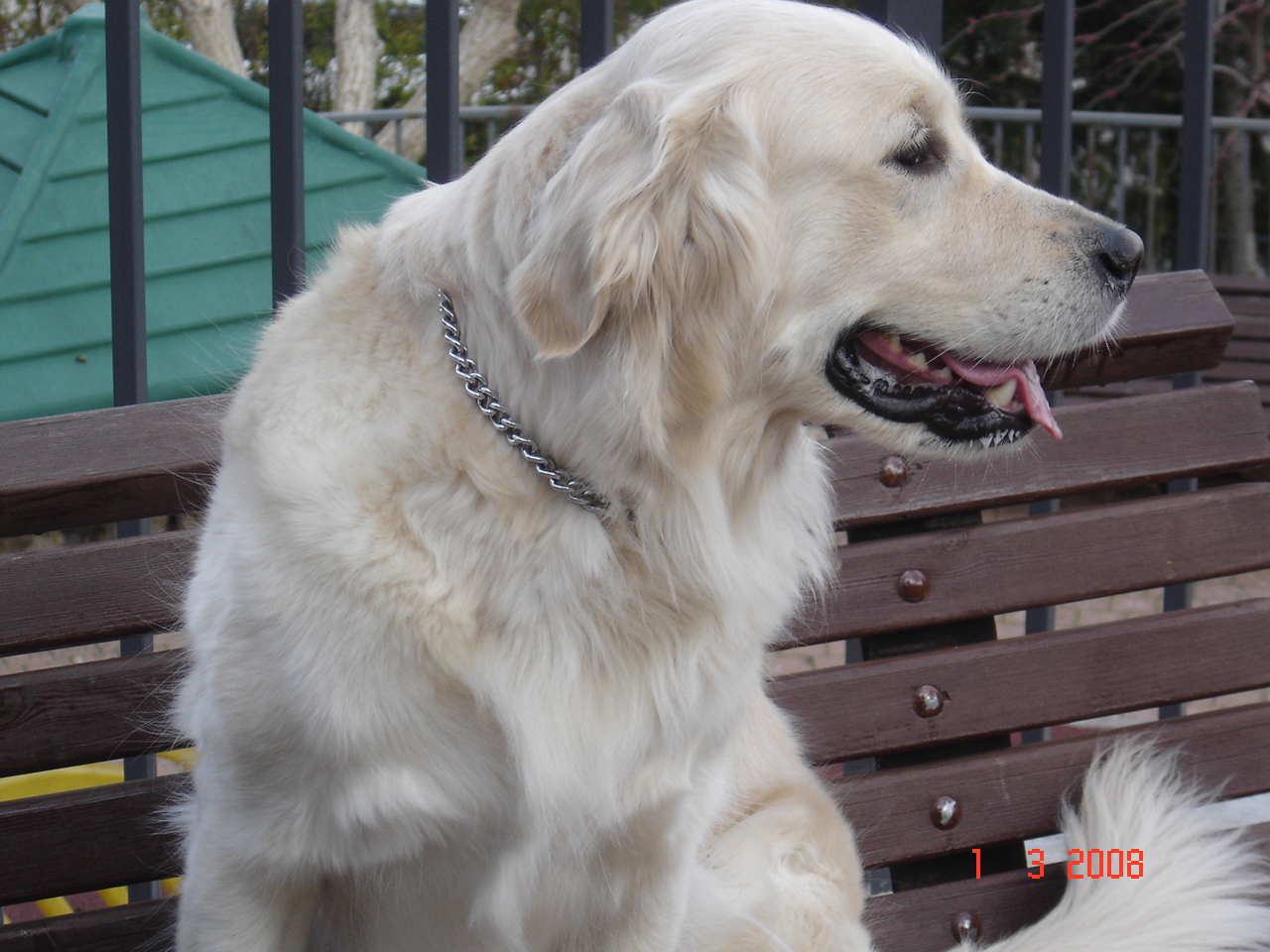Retrievers, like any breed, can be prone to certain health issues. Here are some common ones:
1. Hip Dysplasia: A hereditary condition where the hip joint doesn’t fit properly, leading to arthritis or pain.
2. Elbow Dysplasia: A similar condition to hip dysplasia, but affecting the elbow joint.
3. Obesity: Retrievers are prone to weight gain, which can exacerbate joint issues and lead to other health problems.
4. Ear Infections: Their floppy ears can trap moisture and lead to infections.
5. Allergies: Skin allergies are common and can be triggered by various environmental or dietary factors.
6. Progressive Retinal Atrophy (PRA): A group of genetic diseases that cause blindness due to the degeneration of retinal photoreceptor cells.
7. Heart Issues: Conditions like subvalvular aortic stenosis (SAS) can occur.
8. Cancer: Golden Retrievers, in particular, are at a higher risk for certain cancers.
9. Hypothyroidism: A condition where the thyroid gland doesn’t produce enough hormones, leading to a slowdown in metabolism.
10. Bloat: Gastric torsion or bloat is a serious condition that affects the stomach and can be life-threatening without immediate attention.
Regular veterinary check-ups, a balanced diet, and proper exercise can help manage and prevent some of these conditions.





